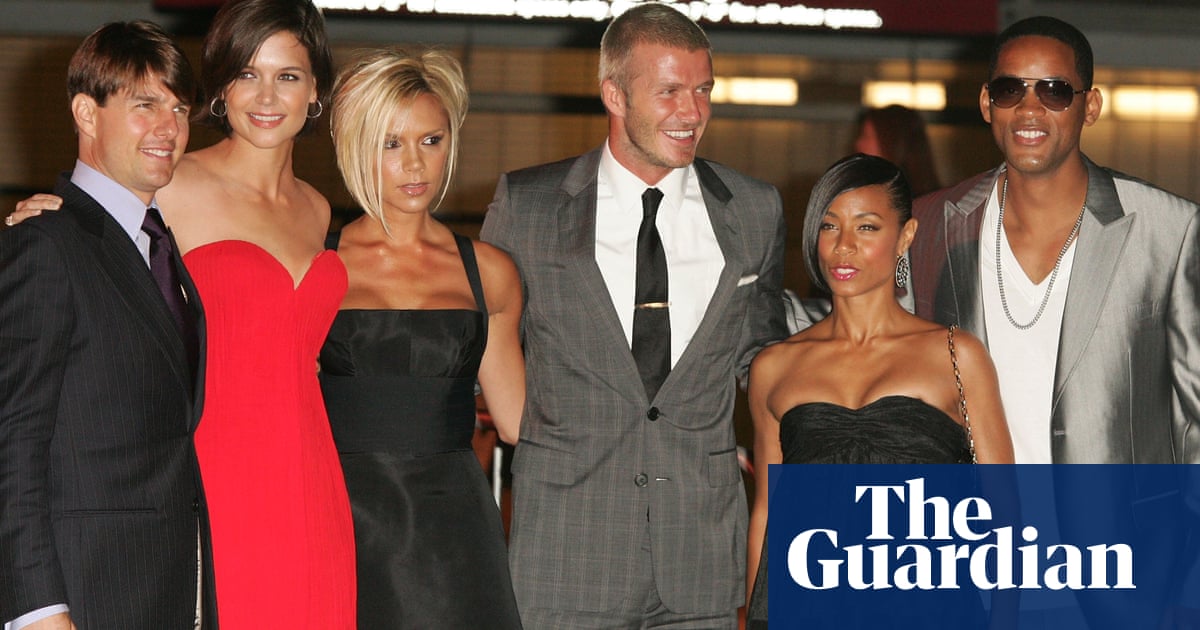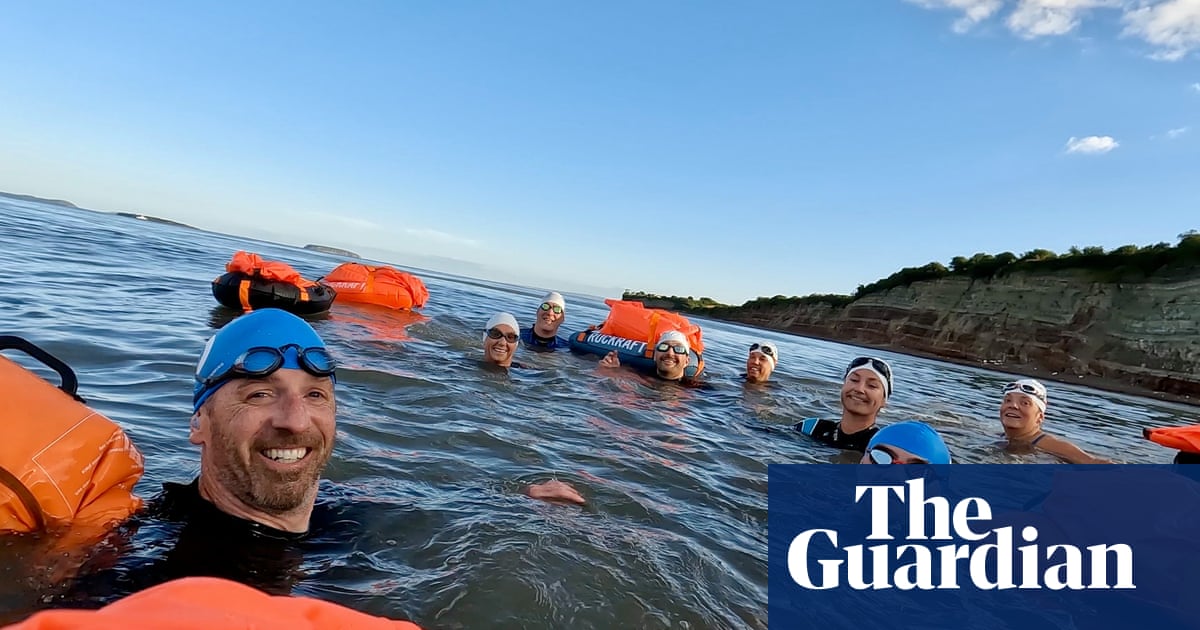
Thirty-five years to the day since her dad, David, won the FA Cup with West Ham, beating Arsenal by a single goal at Wembley, Kate Cross, then a 23-year-old fresh out of university, created her own piece of history with a gamechanging spell of bowling. Turning out for Heywood CC in the Central Lancashire League on 10 May 2015 – a few weeks after becoming the first female to play in the league’s 123-year history – Kate took eight for 47 against local rivals Unsworth, bowling unchanged for 15.5 overs and silencing the dissenters who felt that the region’s premier club competition was no place for a woman.
“It was one of the most nervous I’ve ever been on a cricket pitch,” says Kate, who by then was already an England international and Ashes winner. “Everyone knew who I was because I was ‘the girl’ and no girl had played first-team cricket in our league. There was definitely a sense that I really needed to do well because if I didn’t people would say: ‘You can’t just pick her because she’s a girl.’”
As she prepared to run in and bowl at Clifton’s ground, standing beside her at mid-off was her brother Bobby, a fine cricketer in his own right who later played for Lancashire’s second XI. “He was the person who taught me to play cricket, spending so much time with me in the back garden,” Kate says of Bobby, her older sibling by eight-and-a-half years.
“It’s mostly because of him that I am where I am today. He’d always field in the slips but on my debut he thought I might be nervous so he stood at mid-off in case I needed a chat, to get rid of some of the energy. He dropped a catch – the simplest chance you’ll ever get and he shells it. There’s a picture of him with his head in his hands.”
“She mentions that to everyone,” Bobby says ruefully. “It would have been her first wicket in senior men’s cricket. Thankfully she went on to get three for not many and bowled really well. A few games later she got her eight-for against Unsworth. Locally there had been people saying: ‘This is wrong. Women’s cricket is fine but why should they be playing with the men. They can’t cope. They’re not strong enough.’ That performance shut those people up. A barrier got broken down. It was a really good day for us at Heywood and for cricket locally because it paved the way for a lot more girls to follow. We play against women now in first-team cricket and it’s just not a thing. It doesn’t even get commented on.”
Breaking down barriers has been a recurring theme in Kate’s career. At the age of 15, having two years earlier become the youngest cricketer to represent Lancashire Women, she was the first female to be accepted on to the Lancashire academy, a move that wasn’t universally welcomed.
“I vividly remember people giving John Stanworth [Lancashire’s academy director] stick for picking me,” she says. “Everyone was saying women’s cricket wasn’t professional so it was a waste of time for coaches to be putting any effort into me. But Stanny always said that I was good enough to be there and having someone then, when things like that weren’t really happening, sticking up for me and being my voice, was really powerful. I didn’t realise it at the time, but my whole career has been underlined with an element of proving people wrong. I think back to those comments and they must have driven me.”
Born four years after her dad retired from professional football, Kate says it wasn’t until she was about 10 that she began to appreciate what he’d achieved across an 18-year career that included spells at Norwich, Coventry and West Ham, all of whom broke their transfer records to sign him. Affectionately known as “Psycho” by the West Ham fans for his wholehearted, unvarnished approach that brought him more than 200 goals, David was able to offer his daughter advice about dealing with the highs and lows of professional sport.
“When she got selected to play in the Ashes, one thing I did teach her was that professional sport has its ups and downs,” says David. “You’ve got to take the good days and the bad days: don’t get too high when you’ve done well and don’t get too low when you’ve had a poor day. Professional sport is very difficult. If it was easy everybody would be doing it.”
“Because he’s been there and done it, he really gets it and knows what to say and when to say it,” says Kate. In May 2014, a couple of months after her maiden Ashes tour, Kate was one of the first 18 women to be awarded a professional contract by the ECB. The financial reward was minimal – around £10,000 per year at the time – but it was a watershed moment for the women’s game in England, opening doors that had been firmly shut for her predecessors. Kate admits it was a double-edged sword, though, adding pressure and expectation to a game she had previously played purely for enjoyment.
“I really struggled with it. Your hobby becomes your job overnight. I thought we had to be great now because we were getting paid. I was a bit of a perfectionist anyway but then even in social settings I wasn’t myself. I didn’t want to see my friends because I didn’t want to spend any time away from cricket, or be seen to be doing the wrong thing, like drinking or socialising. If I did, I felt really guilty. Perfectionism and wanting to do well all the time – you just can’t do it. You drive yourself into the ground.”
In the summer of 2016, those pressures came to a head. Kate broke down before an England training camp at Loughborough and returned to her family home, unable to leave her bed for several days as she battled what she later realised was anxiety and depression. “I just slept and cried,” she says.
“It was difficult as a parent,” says David. “When you have children you become as strong as your weakest link, and that weakest link is your children. When Kate had that breakdown we just tried our best to help her. We expected that might be the end of her cricket career because she did suffer. She was in a bad state. But she took advice, listened, came out the other end and became better in some respects, because I think she understood that it isn’t easy, that being in the limelight puts you in a vulnerable position.”
When Kate started seeing a psychologist to try to unpick the cause of her mental health struggles, she found that a large part of her anxiety stemmed from the pressure she felt at living up to the family name. “A lot of my attitude towards myself as a person and as a cricketer was based on my perfectionism, which came from feeling that I had to prove myself. Someone from the Cross family couldn’t be no good at sport. It was a big part of it but I didn’t realise that until I was 24 or 25 and sat unpicking it with a psychologist.
“We involved my parents. I told them that when they came to watch me I felt like I needed to do well because I didn’t want to let them down. There was a nice moment where my dad said: ‘We don’t actually care whether you do well, we just want you to be happy. We’re so proud of you that you’re playing for England, whether you get wickets or not.’ My dad’s from an era where you don’t really talk about your feelings, he has that tough, northern mentality, so to hear him say that was quite emotional.”
Kate’s time away from the game led to her missing the 2017 World Cup and she describes watching England’s trophy-clinching win over India from the stands at Lord’s as a bittersweet experience. But she says the break did her “the world of good” and reminded her why she wanted to play cricket. “I came back and enjoyed it and then naturally I did better.”
She’s been a fixture in the England setup since and a star of The Hundred, helping Northern Superchargers reach this summer’s final. But for all her achievements, David says it’s seeing his daughter take genuine pleasure from the game, just as she did when she first played in the back garden with Bobby, that makes him proudest.
“The main thing I tried to stress to her, and what I’m proud of her for, is that she goes out there now and I know she’s enjoying it. In my own career, it wasn’t until I was about 23 or 24 that my own attitude changed and I started thinking, ‘Get me on the field, I want to be on there’, rather than being anxious about playing at Old Trafford or Anfield. It made me a better player because I went out there more relaxed, and I tried to pass that message on to Kate.” She’s found other ways to take enjoyment from the game too, co-hosting the BBC podcast No Balls with her friend and former England teammate Alex Hartley, as well as commentating on TV and radio.
Aged 31, and with several years of her playing career still ahead of her, Kate says all options are still open when she eventually hangs up her boots, but she feels her experience in the game could be put to best use in administration, helping to remove some of the obstacles that still exist for female cricketers in particular. She recently completed a master’s in sports directorship, attending her graduation at Manchester Metropolitan Uni between the Ashes and The Hundred this summer.
“I’ve done the master’s with the view that broadcasting won’t be my forever job. I love commentating and find it so much fun, but the thing that worries me is that it’s a very similar lifestyle to what I’ve got now. You don’t know what’s going to happen, some doors open and some doors don’t, but I was driven to do the directorship because by a mistake I had to be the first girl to do a lot of things and I don’t want anyone to have to have the journey that I had in cricket. I want it to be really easy and I feel like I’d be a lot more use behind the scenes making decisions which drive that. I think my experiences would really help me navigate how the game looks moving forward. I’d certainly like to be part of the change.”
For now, though, she’s settled and happy, comfortable in her own skin as an international cricketer. “I’ve had a few blips over the last couple of years but nothing like where I was back in 2016 where it all catastrophised and I was thinking about walking away from cricket. I’m able to manage it so much better now, and I recognise my symptoms.”
As for David, he’s more than content with the fact that he’s no longer the most recognised sportsperson in the family. “At the start she was always being called ‘David Cross’ daughter’,” he says. “And now I’m ‘Kate Cross’ dad’.”












